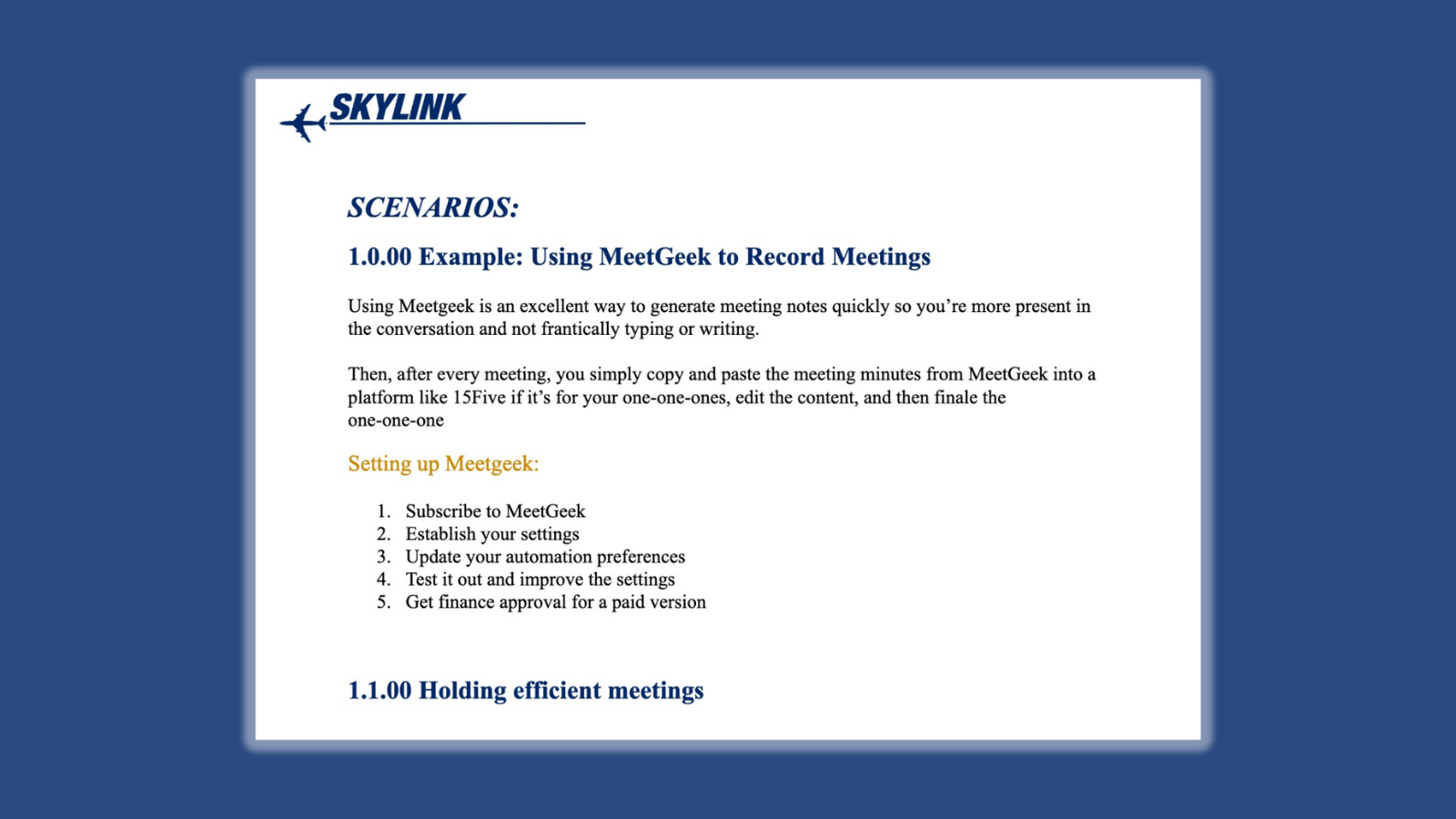Unlock $1 Million in Hidden Value: The Risk and Power of Corporate Memory in Your Small Business
Picture this: you're in a mosh pit of small business chaos, juggling a flaming torch, a chainsaw, and a grumpy cat - all simultaneously.
In the corner of your eye, you spot Bob, your top talent, who's been with you since the company's inception, strolling out the door with a box full of his belongings and, more importantly, a brain full of your company's most vital knowledge.
Terrifying, right?
The pit of despair you feel as Bob saunters away is not just about his magnetic personality or how he could diffuse a volatile customer with a well-timed joke.
It's about the silent partner in your business, the often-ignored Corporate Memory or Institutional Knowledge. This shadowy figure, if not recognized and appreciated, can pull a Houdini, vanishing when you need it the most.
Corporate memory is your business DNA. It's the sum of all experiences, decisions, successes, and failures that inform your company's strategy and culture.
Imagine if every bit of it walked out the door with Bob or any other employee. And it does, every day, millions of times around the globe. You spend so much time on company mentorship and training to see all that progress, POOF, disappear. And then, you expect other team members to pick up the pieces, but they lack the company memory.
There's your million-dollar disaster in the making—or $100,000, $10,000,000, whatever the value is, it's substantial.
Or for me, recently, it's my mom.
My mother has been our CFO for over thirty years. Over the last decade and a half, I've conditioned it inside her brain to build systems so that if something happens to her or she wants to slow down, someone else could pick up those procedures (the conditioning is still a work in progress). But the systems only answer a small fraction of what she does. Similarly, when the pandemic hit, my industry lost thousands of aerospace engineers with decades of experience and deep knowledge of aircraft left with them.
So, how do we handcuff this elusive Houdini, you ask?
Follow these three steps:
Step 1: Let go of the "out of sight, out of mind" mantra.
If your business had a memory, it wouldn't be in the attic; it'd be in the foundation.
It's your job to foster an environment that encourages the sharing and recording of knowledge. For example, it could be to video record every training, build more systems for what you do every day, or create a functional business unit or team Scenario Playbook like this (this is just an example and pulled from my company Scenario Playbook template):
Step 2: Leverage technology.
We no longer live in the technological prehistoric era.
Embrace the modern times, people! Leverage technology to retain your company's memory. The simple Google Doc in example step 1 works, but you could upgrade this using automation, Notion, or hundreds of other options.
Think about what works best for your company.
Step 3: Teach a continuous learning culture.
Make each mistake a lesson, each success a case study.
Those who read the stories should be able to feel the lesson in them. It's much more fun to learn from someone else's screw-ups, isn't it? Or less painful. These stories, which are the foundation of learning, are often lost in people's memories.
Expose these stories so everyone can learn from them
Listen, you can either stand in the mosh pit, watching your business's knowledge walk out the door, or you can take action. Retaining your corporate memory is like unlocking a million-dollar treasure chest. It's also a powerful remedy for many anxiety-inducing situations business leaders face.
And it's not just about avoiding risks; it's about nurturing an asset that grows more valuable with time.
You can share the memory with others to train them, or if you're selling the business, imagine how valuable this memory is to the buyer.
Now, are you ready to seize this hidden value? If so, get out there and start building your corporate memory — like right now!
After all, the only thing worse than losing Bob is losing Bob's brain.









